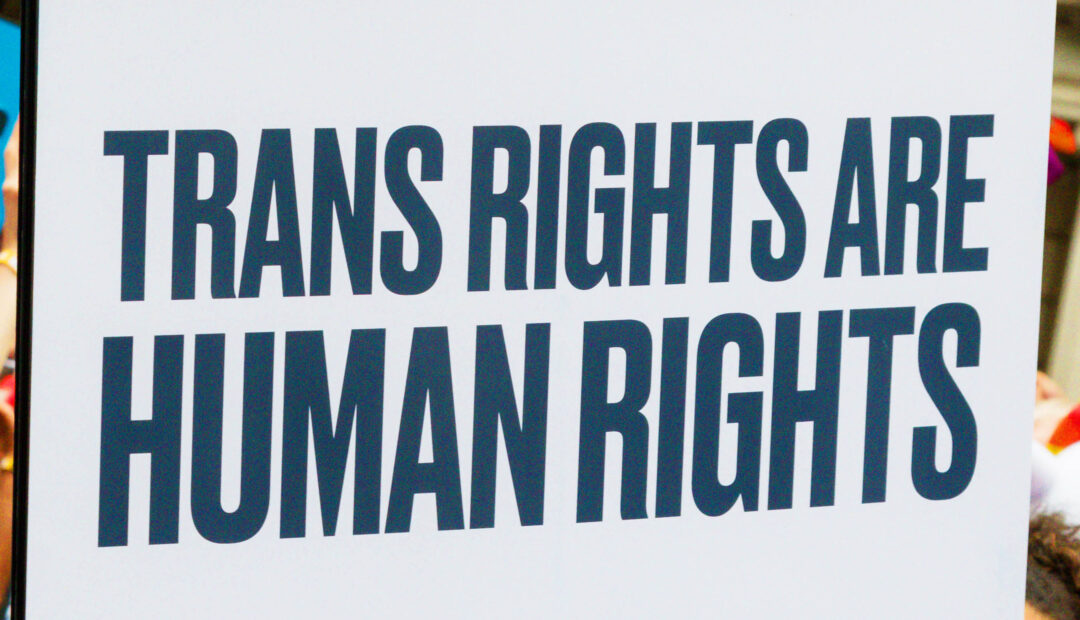New York Times contributors and LGBTQ groups are demanding that the paper change how they cover Trans Issues.
In a letter signed by over 300 New York Times contributors, with a number of them identifying as trans and nonbinary, they stated: “the Times has in recent years treated gender diversity with an eerily familiar mix of pseudoscience and euphemistic, charged language,” and that recent reporting has omitted some source’s associations with anti-trans groups.
In a separate letter, the Times was asked to take action to improve their coverage of the transgender community. The letter was signed by LGBTQ+ and civil rights groups, including GLAAD, GLSEN, and activists like Jazz Jennings and Dylan Mulvaney. In addition, a digitized truck circled the Times’ Manhattan office building with the coalition’s messages, including: “Dear New York Times: Stop questioning trans people’s right to exist & access medical care.”
In the past eight months, the times has published over 15,000 words worth of front-page content centered around the trans experience. This doesn’t include articles published on standards of care for trans youth, trans women athletes, and the use of the word woman in abortion conversations including transgender individuals.
Charlie Stadtlander, the director of external communications at the New York Times, confirmed that the paper had received both of the letters. “We recognize that GLAAD’s advocacy mission and the Times’ journalistic mission are different…Our journalism strives to explore, interrogate and reflect the experiences, ideas, and debates in society—to help readers understand them,” Stadtlander said. “Our reporting did exactly that and we’re proud of it.”
Jo Livingston, a writer and contributor for both the Times and their magazine said: “I think the citation of Times’ reporting in state legislatures was starting to cohere into something that was beginning to look really frightening to me.” Articles from the Times have been cited in legislature banning gender-affirming care, like in this amicus brief supporting Arkansas Attorney General Leslie Rutledge and her position that doctors who provide gender-affirming care should be charged with a felony. She cited at least three New York Times articles.
Livingstone stressed that while the contributors letter and the letter on behalf of GLAAD are inherently different (with GLAAD’s letter including a list of demands) the timing of the two letters was entirely intentional.
This list of demands includes that the New York Times hire trans writers and editors and be more mindful to curate their content when publishing stories relevant to transgender issues.


